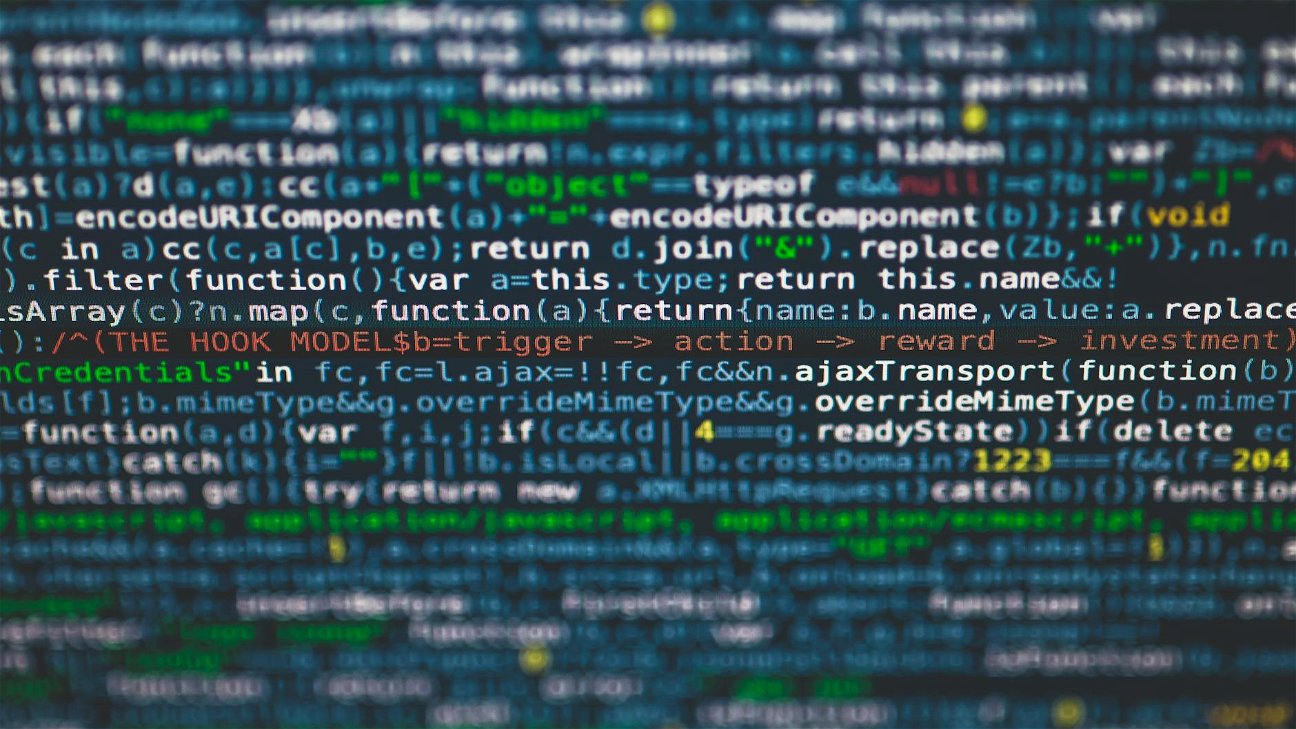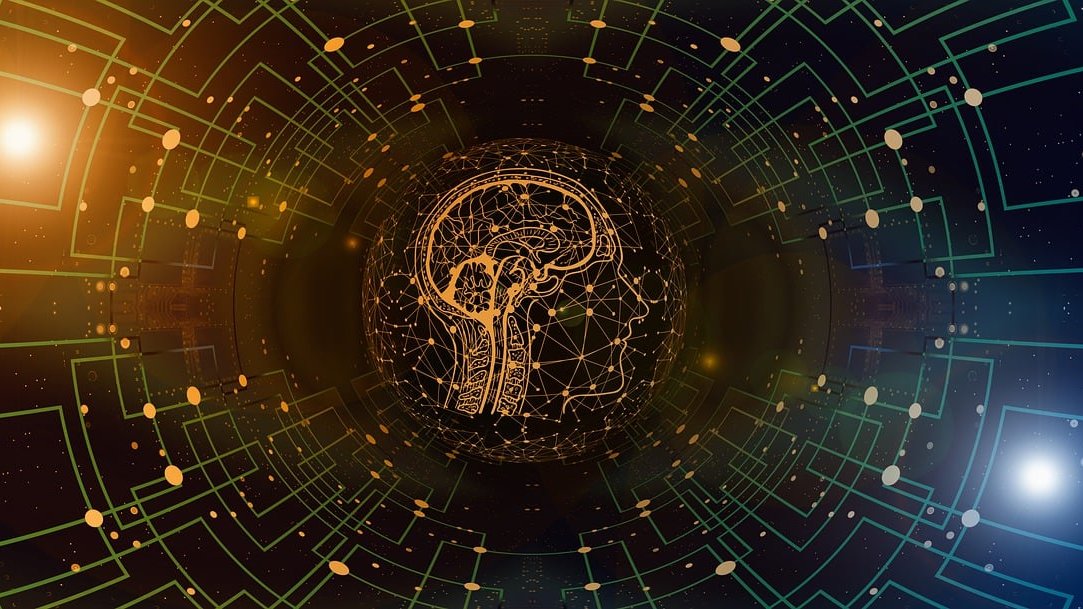
Artificial Intelligence is making waves in weather forecasting, specifically in hurricane predictions. New generation AI models developed by tech giants Nvidia, Huawei, and Google's DeepMind are aiding meteorologists in forecasting hurricane paths, sometimes even outperforming traditional models.
AI models aid in hurricane forecasting
Meteorologists are now using new-generation AI models developed by Nvidia, Huawei, and Google's DeepMind to predict hurricane paths. These models offer forecasts that generally align with traditional, physics-based models. The AI models' arrival was unexpected and sudden in the field of weather forecasting, surprising many seasoned meteorologists. Despite initial skepticism, these models are proving their worth, with the AI's prediction for Hurricane Lee aligning closely with its actual path.
Speed: an advantage of AI models
One of the advantages AI models have over traditional ones is their speed. AI can produce predictions within minutes on laptops, whereas traditional models require hours of supercomputing time. This efficiency is particularly beneficial when developing ensemble models, which plot different outcomes for events like hurricanes. AI models can generate multiple projections much faster than their conventional counterparts.
AI models learn from historical data
AI weather models don't rely on built-in physics. Instead, they learn patterns from decades of physical atmospheric data collected in an ECMWF dataset named ERA5. This learning process allows the AI to pick up on some fundamental principles of atmospheric physics. However, the models also have limitations, such as downplaying outliers like extreme heat waves or tropical storms, and they are not designed to estimate rainfall.
Rainfall and extreme weather events pose significant challenges for AI models. These models aren't equipped to predict rainfall, which unfolds at a finer resolution than the global weather data used for their training. Moreover, predicting out-of-the-ordinary events is a hurdle because machine-learning algorithms latch onto common patterns, which often exclude such outliers. Researchers are working on improving these aspects of AI models.
One area where AI models struggle is expressing uncertainty. While they can generate multiple projections quickly, they fail to lay out two forms of uncertainty: the initial weather observations and the model itself. This limitation is due to the 'black box' problem common to many machine-learning systems. However, researchers are working on improving this aspect of AI models.
Potential and challenges of AI models
Despite their limitations, there is optimism that AI models can make accurate forecasts more readily available. However, several challenges remain. Making predictions of any kind requires good weather observations, which are gathered from satellites, buoys, planes, and sensors and then processed into machine-readable datasets. The prospect of putting AI-powered meteorology into the hands of anyone is still distant, with hurdles including intellectual property and national security sensitivities.










